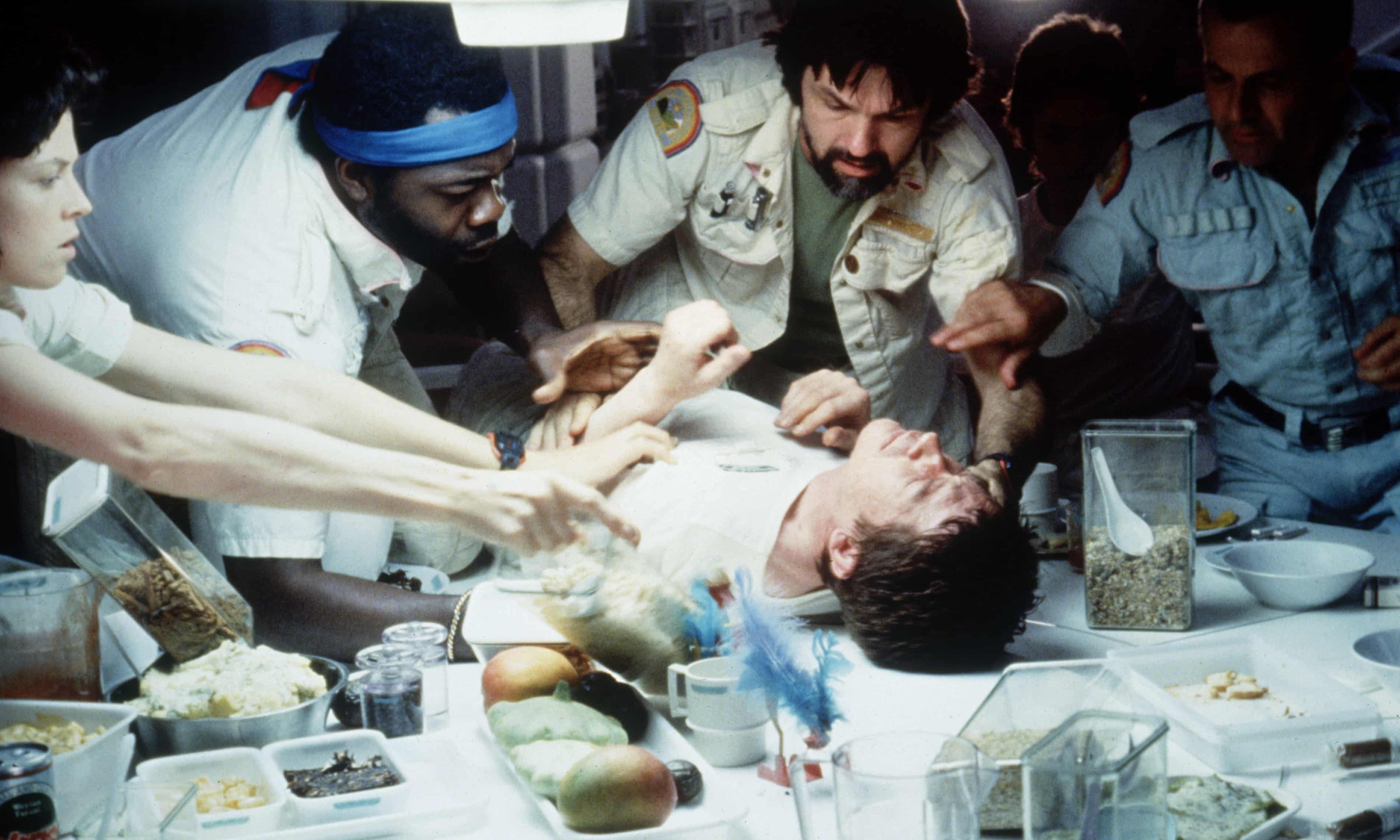https://vimeo.com/232545219
from: Eyeo Conference 2017
Description
Robin Sloan at Eyeo 2017
| Writing with the Machine |
Language models built with recurrent neural networks are advancing the state of the art on what feels like a weekly basis; off-the-shelf code is capable of astonishing mimicry and composition. What happens, though, when we take those models off the command line and put them into an interactive writing environment? In this talk Robin presents demos of several tools, including one presented here for the first time. He discusses motivations and process, shares some technical tips, proposes a course for the future — and along the way, write at least one short story together with the audience: all of us, and the machine.
Notes
Robin created a corpus using If Magazine and Galaxy Magazine from the Internet Archive and used it as a writing tool. He talks about using a few other models for generating text.
Some of the idea here is reminiscent of the way John McPhee used the 1913 Webster Dictionary for finding words (or le mot juste) for his work, as tangentially suggested in Draft #4 in The New Yorker (2013-04-22)
Cross reference: https://hypothes.is/a/t2a9_pTQEeuNSDf16lq3qw and https://hypothes.is/a/vUG82pTOEeu6Z99lBsrRrg from https://jsomers.net/blog/dictionary
Croatian acapella singing: klapa
https://www.youtube.com/watch?v=sciwtWcfdH4
Writing using the adjacent possible.
Corpus building as an art [~37:00]
Forgetting what one trained their model on and then seeing the unexpected come out of it. This is similar to Luhmann's use of the zettelkasten as a serendipitous writing partner.
Open questions
How might we use information theory to do this more easily?
What does a person or machine's "hand" look like in the long term with these tools?
Can we use corpus linguistics in reverse for this?
What sources would you use to train your model?
References:
- Andrej Karpathy. 2015. "The Unreasonable Effectiveness of Recurrent Neural Networks"
- Samuel R. Bowman, Luke Vilnis, Oriol Vinyals, et al. "Generating sentences from a continuous space." 2015. arXiv: 1511.06349
- Stanislau Semeniuta, Aliaksei Severyn, and Erhardt Barth. 2017. "A Hybrid Convolutional Variational Autoencoder for Text generation." arXiv:1702.02390
- Soroush Mehri, et al. 2017. "SampleRNN: An Unconditional End-to-End Neural Audio Generation Model." arXiv:1612.07837
applies neural networks to sound and sound production

